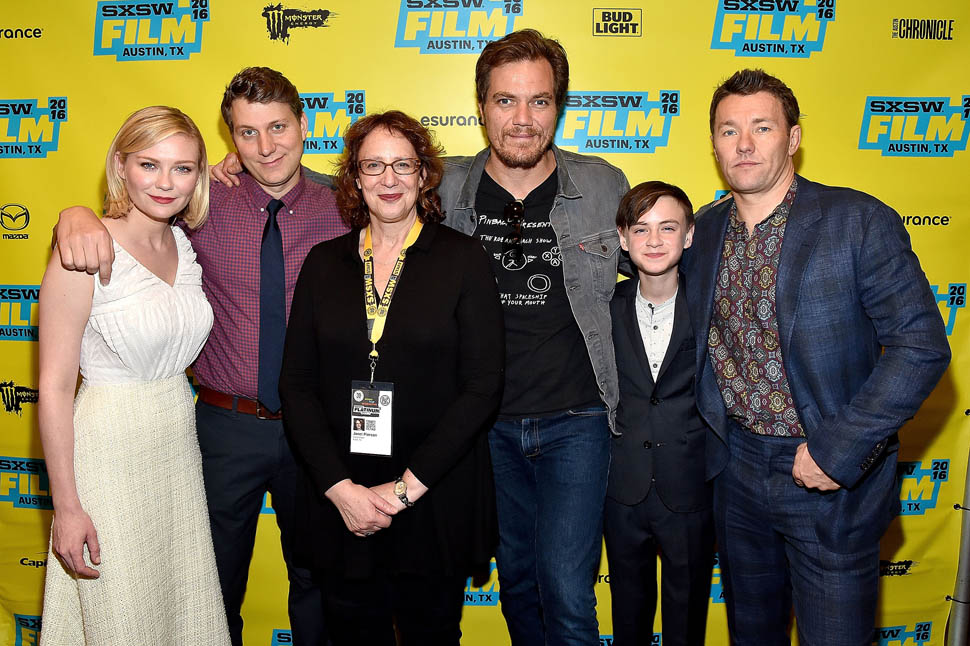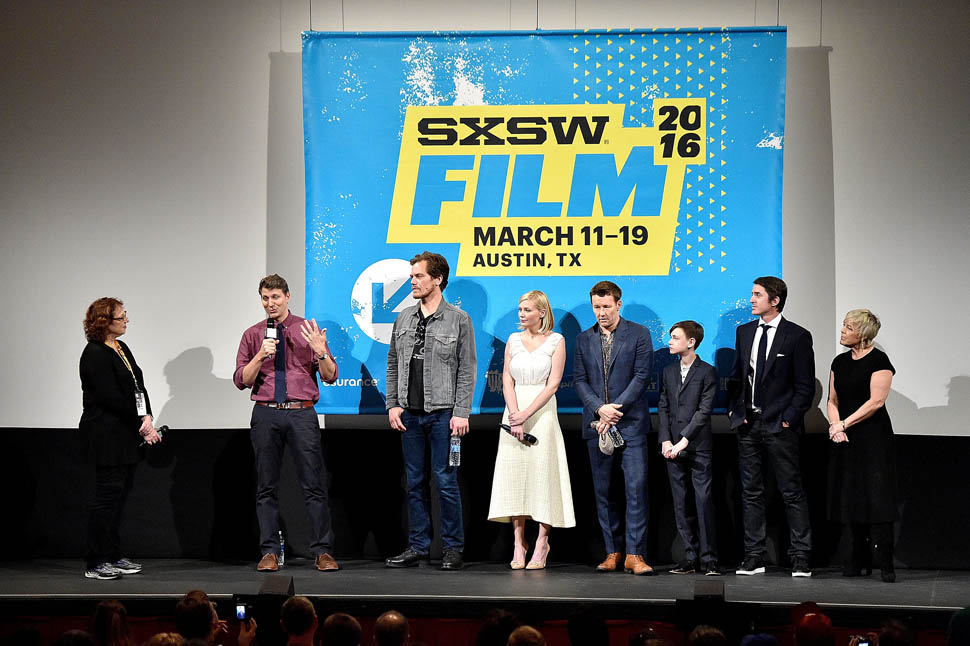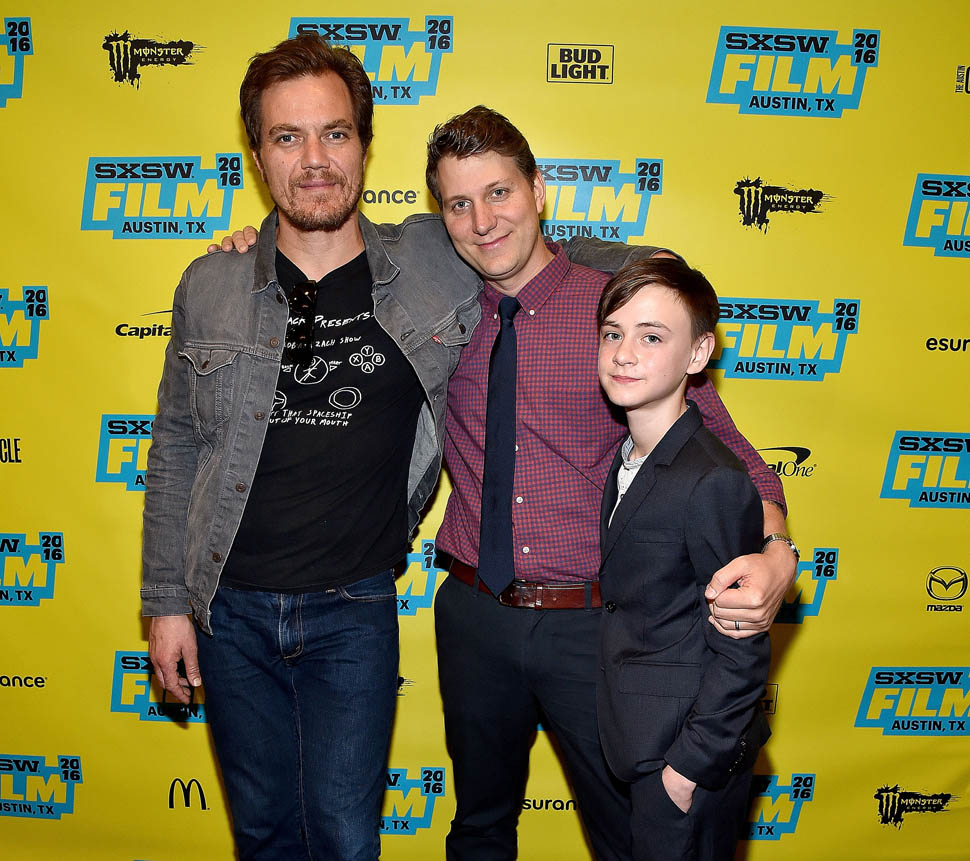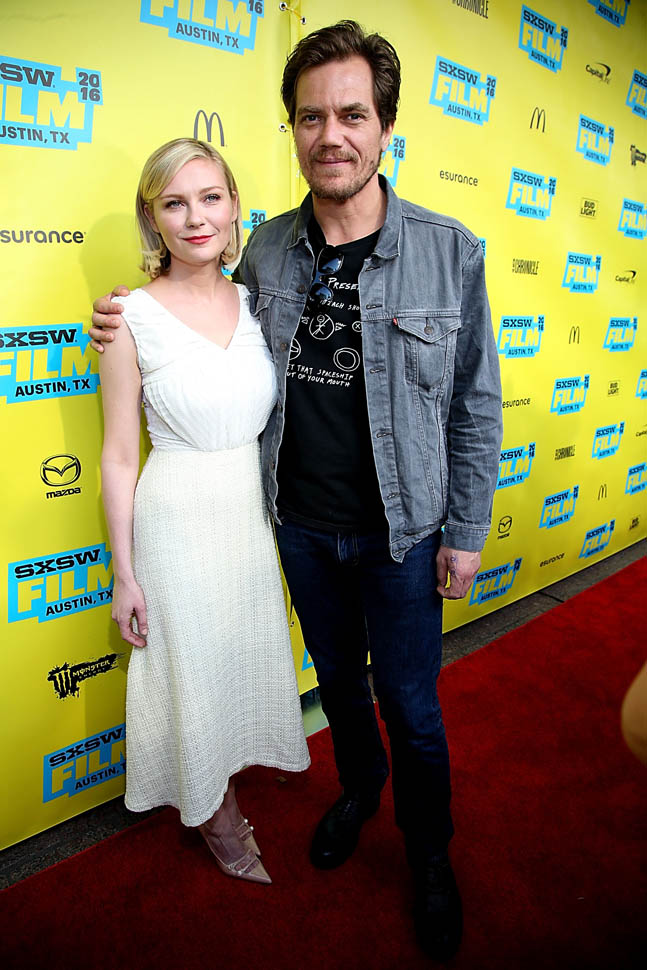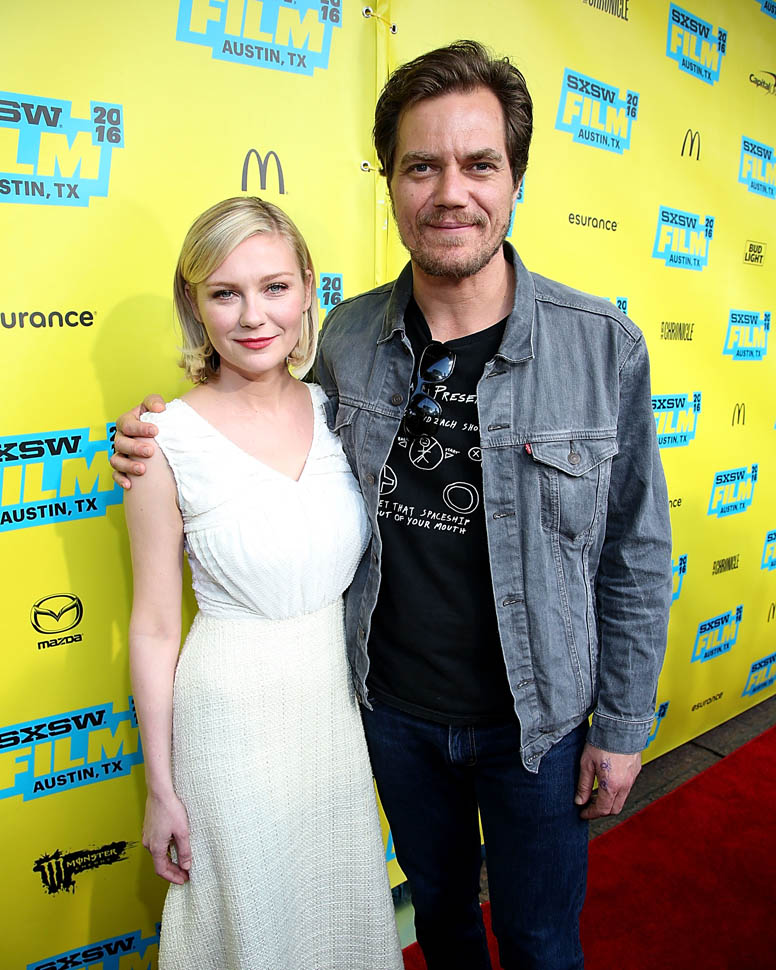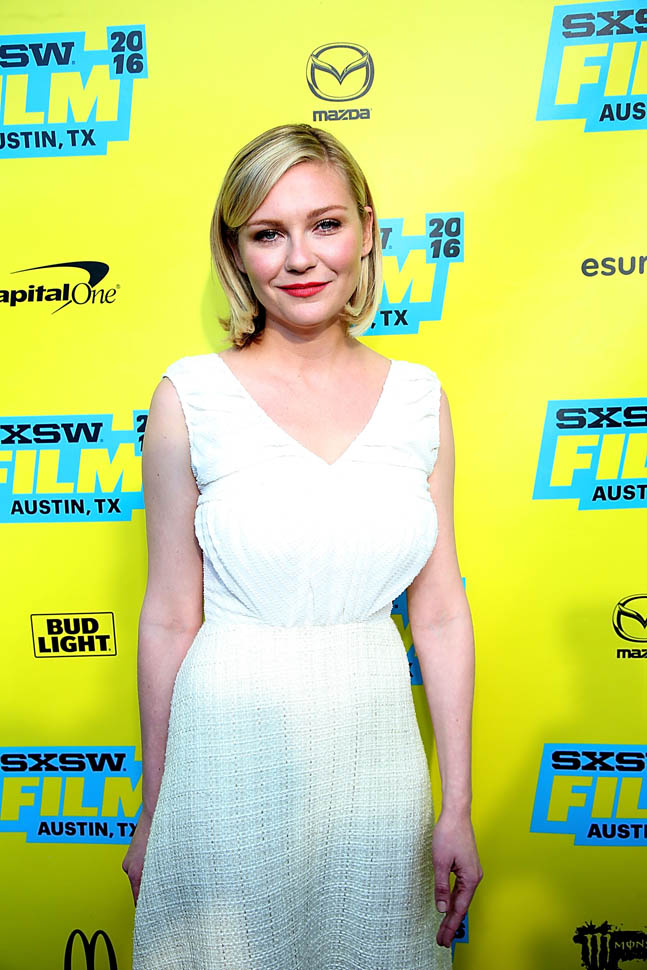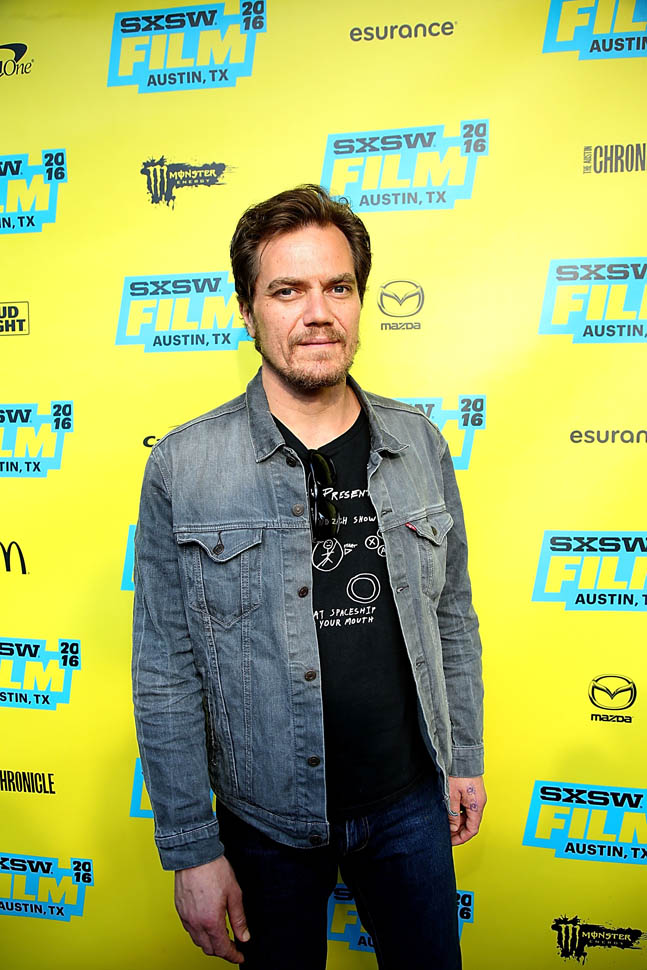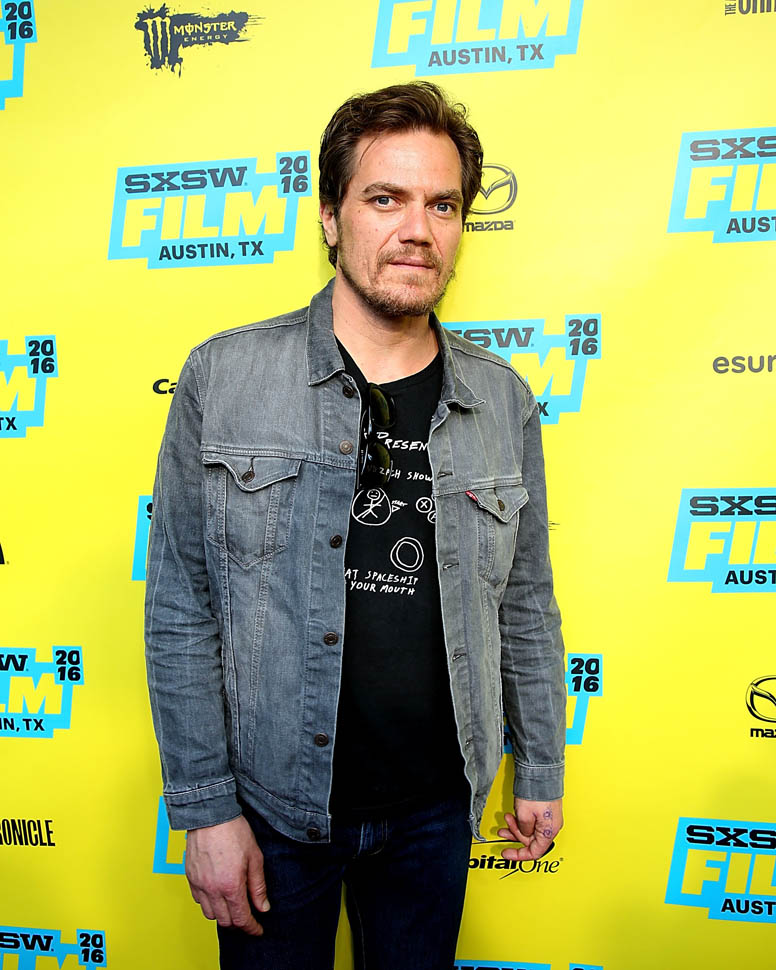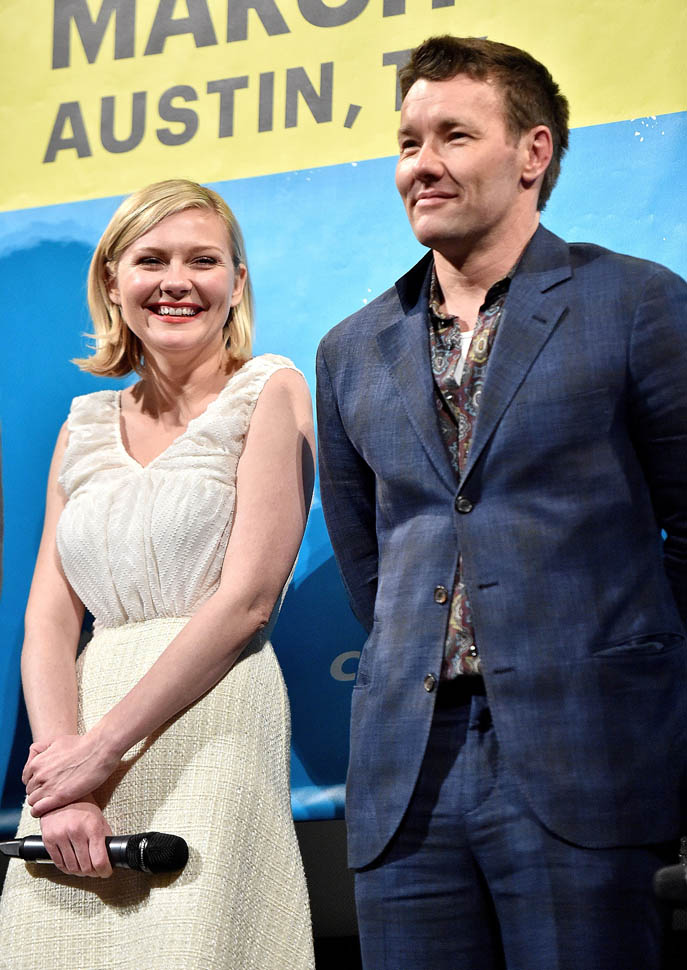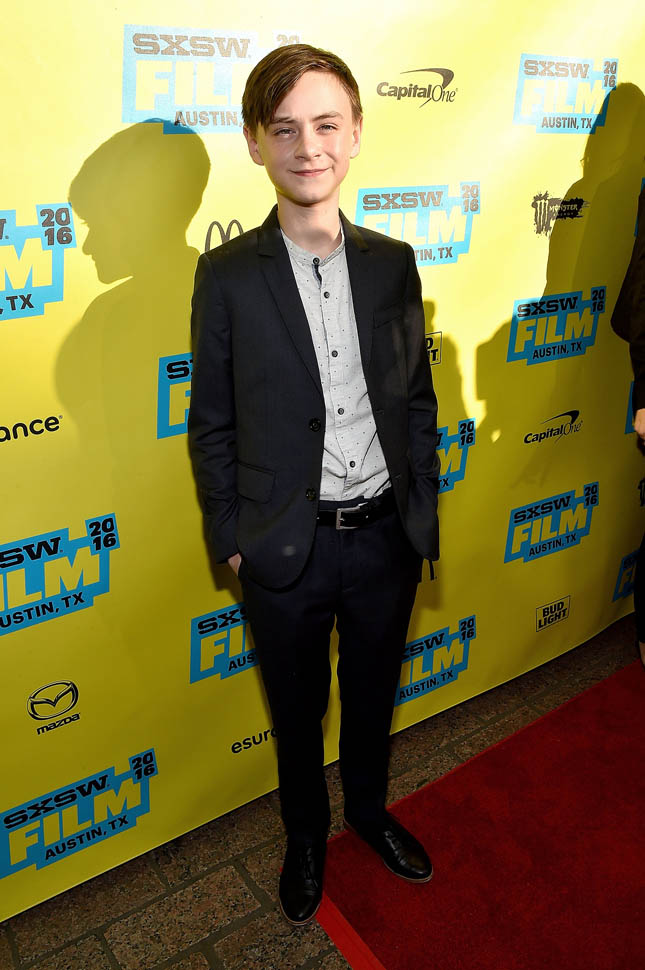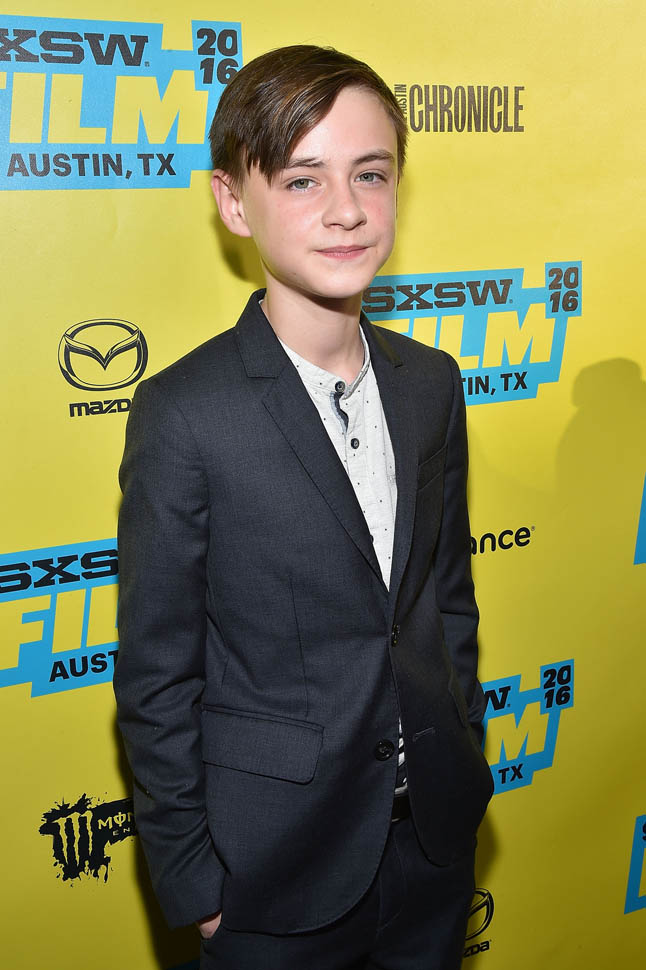Michael Shannon in Midnight Special


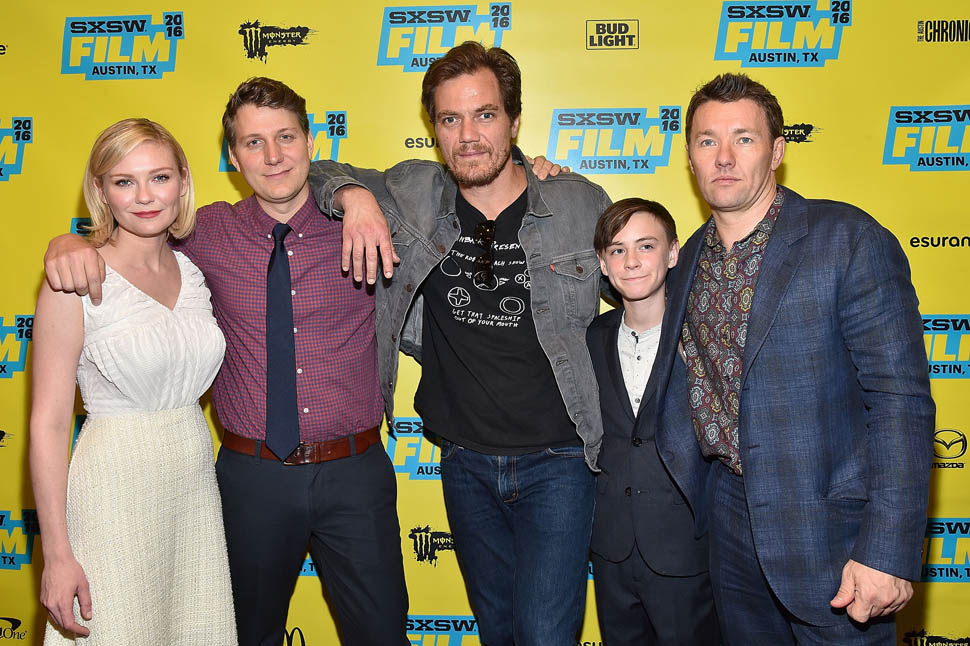
Midnight Special has something in common with 10 Cloverfield Lane—you don’t want to know too much about this movie going in. The whole narrative is structured for discovery, and it unfolds with a real sense of wonder we don’t get to feel much at the movies anymore. Written and directed by Jeff Nichols (Take Shelter, Mud), Midnight Special has roots in the sort of golly-gee earnest filmmaking of Steven Spielberg’s Amblin era—most notably Close Encounters of the Third Kind and ET—but it also owes a lot to the current trend of superhero cinema. No, this isn’t really a superhero movie but like 10 Cloverfield Lane uses the tropes and visual language of invader films, so too does Midnight Special use our cultural awareness of superhero stories to frame its own narrative.
Michael Shannon and Nichols have a rich partnership among the great creator-muse relationships in American cinema. They’ve already done extraordinary work together—Take Shelter in particular—and Midnight Special is another rewarding outing for the pair. Shannon is a volcanic screen presence who is often directed to violence and rage, but Nichols always finds refreshing ways to channel Shannon’s energy. Here, he directs all of Shannon’s energy into the fear and desperation of a father trying to protect his child. I enjoyed Midnight Special a great deal, but I suspect fathers will get more out of it than anyone.
Shannon stars as Roy—Spielberg reference #1—and when the film opens we’re in media res, as Roy is mid-flight with his son, Alton (Jaeden Lieberher, St. Vincent), and Lucas (Joel Edgerton, continuing to defy expectations). There’s an Amber Alert out for Alton, and it’s not immediately clear whether Alton has been kidnapped or what. Midnight Special begins by setting up a series of questions and then slowly answering them, bit by bit. Not every question is answered by the end, but what’s left open-ended doesn’t detract from the resolution. Nichols is less interested in “solving” the movie for us than he is in capping off the story of a father and a son.
Alton is very much part of the Spielbergian “Special Boy” trope, but the way Nichols teases the boy’s reality is unique. There are moments where Midnight Special feels hobbled by a slightly too-small budget—this is Nichols’ first studio film but it obviously didn’t get a studio budget—especially at the end, where Nichols isn’t quite able to stick the landing. But a wobbly finale doesn’t detract from all the other wonderful things about this film, such as the performances from Kirsten Dunst and Sam Elliott in supporting roles, and Adam Driver’s unexpectedly sympathetic “bad guy”.
The production design from Chad Keith and cinematography from Adam Stone—both Nichols collaborators—are great, and creates a view of the rural South as emptiness relieved only by the detritus of long-gone industry. And Julie Monroe’s editing is sharp and revealing as her cuts often are the answers to Nichols’ questions. Nichols is a meticulous craftsman who surrounds himself with other meticulous craftsmen.
Midnight Special is perhaps best described as a fantasy film, albeit, a low key, minor-tone one. It borrows from chase films, superhero films, invader films, and family dramas, but feels entirely its own. This might be a bit hard to find in theaters as it’s in limited release and slowly rolling out, but it’s well worth seeking out, or renting on demand sometime. Nichols has yet to make a bad movie, and Midnight Special is not only within his usual style of excellence—despite that semi-wonky ending—it’s also his most accessible film to date, thanks to its shared language with Spielberg movies we all know. This is a great movie, and the less you know about it going in, the better. Just give it a shot. I dare you to not be charmed.

